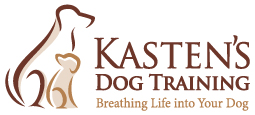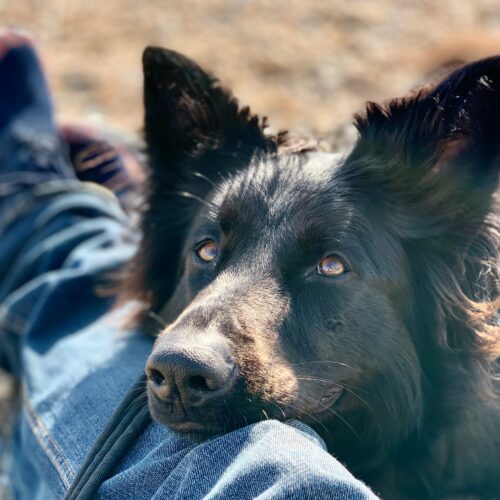Dogs cannot tell us when something is wrong, which means it is up to us to recognize the early signs of illness. Small changes in behavior, appetite, or energy levels can signal a problem before it becomes serious. Knowing what to look for can make all the difference in getting your dog the care they need as soon as possible.
Changes in Eating and Drinking Habits
One of the first early signs of illness is a change in appetite. If your dog suddenly refuses meals or seems excessively hungry, it could be a sign of an underlying issue. A noticeable increase or decrease in water intake is also important to monitor, as it may point to kidney disease, diabetes, or other medical conditions.
Unexplained Weight Loss or Gain
A dog losing weight without a change in diet or exercise could be battling an internal illness. Rapid weight gain can also be concerning, especially if it is accompanied by bloating or lethargy. Keeping track of your dog’s body condition and regularly feeling for changes can help catch issues early.
Lethargy or Sudden Behavioral Changes
If your normally energetic dog is suddenly sluggish or uninterested in activities they once loved, take note. Lethargy can be a sign of pain, infection, or a more serious internal condition. Similarly, a dog that becomes unusually aggressive, anxious, or withdrawn may be experiencing discomfort that needs to be addressed.
Digestive Issues
Occasional stomach upset happens, but repeated vomiting, diarrhea, constipation, or signs of discomfort after eating should not be ignored. Chronic digestive issues can indicate food allergies, infections, or even more severe conditions like gastrointestinal blockages or organ dysfunction.
Respiratory Symptoms
Coughing, wheezing, excessive panting, or difficulty breathing are all signs that something may be wrong with your dog’s respiratory system. These symptoms could be linked to infections, heart disease, or even allergies. If breathing problems persist, they should be evaluated immediately.
Skin and Coat Changes
A healthy dog has a shiny coat and clear skin. Excessive itching, hair loss, redness, lumps, or foul odors can indicate anything from allergies to serious infections. Regularly checking your dog’s skin and coat can help catch problems before they escalate.
Eye and Ear Abnormalities
Discharge, redness, cloudiness, or excessive tearing in the eyes can signal infections or eye diseases. Similarly, bad-smelling ears, head shaking, or constant scratching at the ears may indicate an ear infection or parasites. Left untreated, these conditions can become painful and lead to more severe complications.
When to Seek Professional Help
If your dog is exhibiting any of these early signs of illness, it is crucial to act quickly. While some minor issues are resolved on their own, others require medical attention. At Kasten’s Dog Training, we understand the importance of keeping your dog healthy and happy. While training is our specialty, we always encourage pet owners to stay informed about their dog’s well-being and seek veterinary care at the first sign of trouble.
A Healthy Dog is a Happy Dog
Early detection is the key to preventing minor health concerns from turning into major problems. By staying attentive to changes in behavior, appearance, and daily habits, you can ensure your dog gets the care they need when they need it. If you are dedicated to your dog’s well-being, training and health go hand in hand. Kasten’s Dog Training is here to support you in giving your dog the best life possible.
Contact Us Today!
At Kasten’s Dog Training, we are committed to helping you and your dog build a strong, positive relationship through practical training. Visit our website or contact us today to learn more about our services so we can assist you in reaching your training goals!




